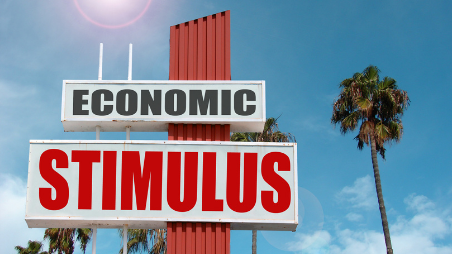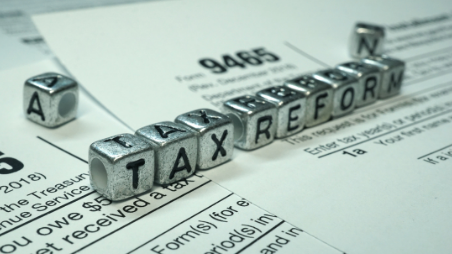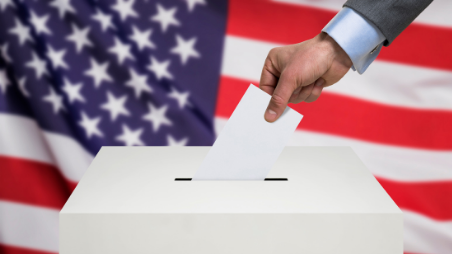It is often said that markets look to the future, rather than the past, as they attempt to discover what the price of a security or a commodity should be. Most people find this to be an alien concept. They believe that markets should reflect information that we already know.
For instance, let’s say that a company has just reported great earnings – and the price of their stock proceeds to decline. Typically this will happen when the company also notes in their reporting that future guidance doesn’t look so rosy. In this case, do you really care about yesterday’s news, or what the future may hold – and that in essence, is the role of markets – discovering what today’s price should be based on a company’s future prospects.
This brief summary of the market’s role in price discovery may help us to forecast what the prospects are for stock market gyrations of a percent or more a day over the next few months. With 28 million workers out of a workforce of 166 million receiving unemployment benefits, decelerating monthly job growth numbers, the Federal Reserve claiming that they will leave interest rates at practically 0% for the next three years, and COVID-19 infection rates on the uptick again, future prospects for the economy look bleak. So why is the market continuing to rise? In a word, stimulus. The market’s 50% moonshot this year was the result of $3 trillion of stimulus funds coursing through the economy. Much of this has already been spent, and the market is looking for another $2 trillion to tide us over until mass vaccinations are available.
You would think that with an election weeks away, and the aforementioned challenges facing the economy, politicians would be leaping at the opportunity to “do the right thing.”
Here are some factors contributing to the impasse:
- Trump’s chief economic adviser Larry Kudlow is a supply sider who believes that tax cuts and deregulation, not stimulus programs, are the best ways to bring the economy back.
- Steven Moore, another economic supply sider (a discredited theory that cutting taxes will generate more growth and tax revenue) believes that stimulus programs hurt the economy (and the president’s chances of being re-elected) by keeping people out of the workforce.
- Twenty Republican senators who after approving trillion dollar deficits for years, now oppose any further stimulus legislation claiming the national debt is getting out of hand. Good luck passing something without their support.
- States need to balance their budgets and cannot run deficits like the Feds. Their pandemic outlays have soared, while their sales and income tax revenue has sunk. Democrats want funding for states to be included in any stimulus package, which the Administration opposes.
- While in the hospital the president tweeted for a stimulus package now, and the market soared. A day after he was out of the hospital he said talks were off until after he was reelected, and the markets sold off. Fearing continued market declines, he now says that he supports targeted stimulus, for example for airlines – and according to script, the market rose nearly 2%.
As mentioned earlier, the markets are not focused on a court nominee, or even national elections – it’s all about getting more money into this fading economy as quickly as possible. You would think this would be an easy lift, but today nothing is easy.
PLEASE SEE IMPORTANT DISCLOSURE INFORMATION HERE.




